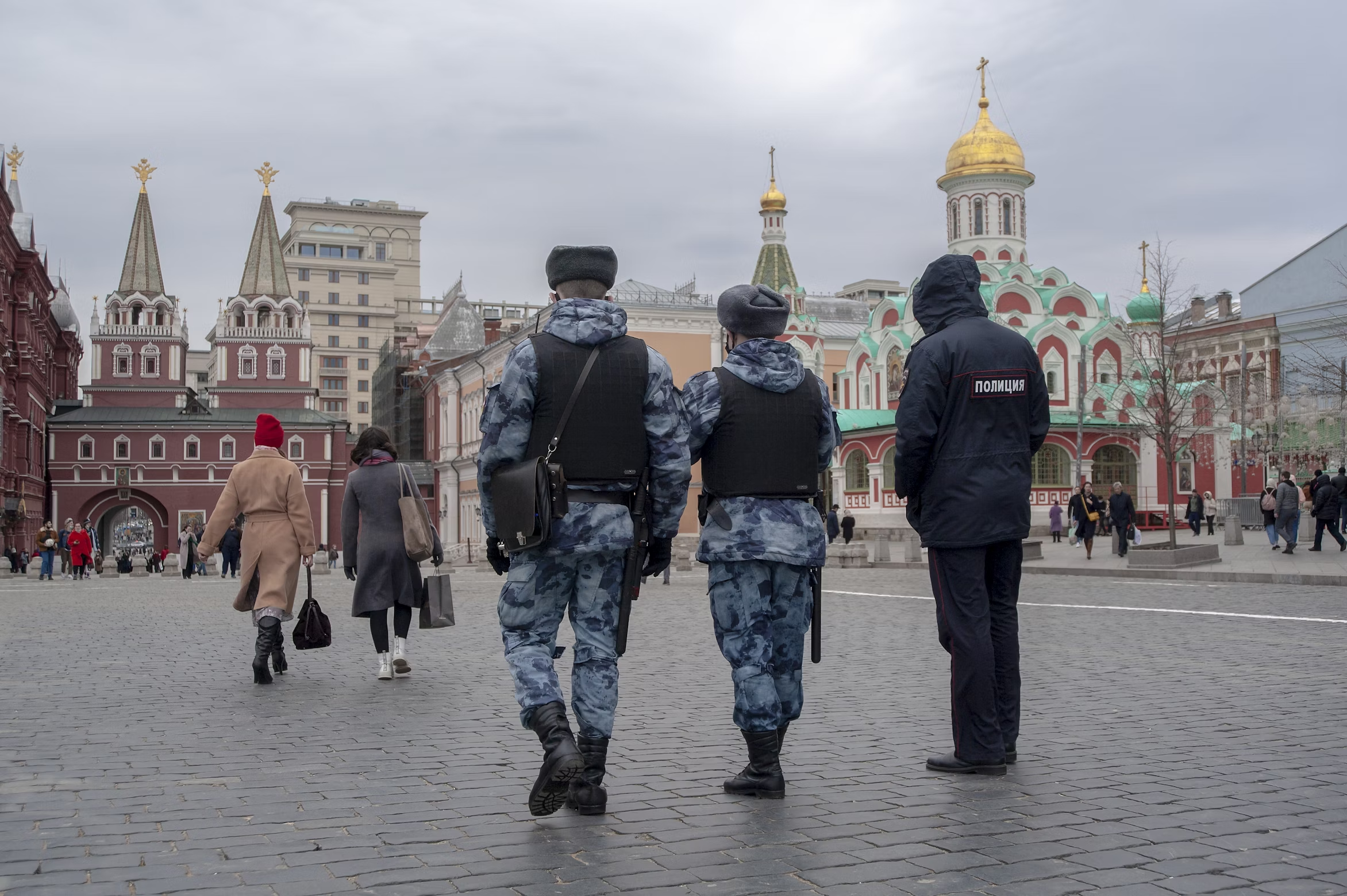Kyrgyzstan

The Proliferation of Russian-Style Foreign Agents Laws
Jun 20, 2024In 2012, Russia adopted a foreign agents law which has been used repeatedly to crack down on independent civil society and opposition, closing organizations and jailing dissenters. Over the past […]

BRIEFING – The Proliferation of Russian-Style ...
Jun 13, 2024Thursday, June 20, 2024 2:00 p.m. Cannon House Office Building Room 210 WASHINGTON—In 2012, Russia adopted a foreign agents law which has been used repeatedly to crack down on independent […]

Helsinki Commission Advances Human Rights, Demands f...
Oct 19, 2023By Shannon Simrell, Senior Policy Advisor Between October 2-13, 11 Helsinki Commission staff joined approximately 1,400 representatives of OSCE participating States (pS) and civil society representatives in Warsaw, Poland in […]
Sweden’s Leadership of the OSCE
Jun 11, 2021In 2021, Sweden chairs the world’s largest regional security organization—the Organization for Security and Cooperation in Europe (OSCE)—which comprises 57 participating States stretching from North America, across Europe, and to […]
Swedish Foreign Minister Ann Linde to Appear at Hels...
Jun 03, 2021WASHINGTON—The Commission on Security and Cooperation in Europe, also known as the Helsinki Commission, today announced the following online hearing: SWEDEN’S LEADERSHIP OF THE OSCE Priorities for 2021 Friday, June […]

Helsinki Commission Commemorates 45 Years of Advanci...
Jun 03, 2021WASHINGTON—To commemorate the 45th anniversary of the Commission on Security and Cooperation in Europe, also known as the U.S. Helsinki Commission, on June 3, Chairman Sen. Ben Cardin (MD) and […]
Helsinki Commission Leaders Troubled by Kyrgyzstan’s...
Apr 19, 2021WASHINGTON—Following the adoption of a new constitution in Kyrgyzstan on April 11, U.S. Helsinki Commission Chairman Sen. Ben Cardin (MD) and commission leaders Sen. Roger Wicker (MS) and Rep. Joe […]
Hastings and Wicker Call for Free and Fair Elections...
Oct 27, 2020WASHINGTON—In response to the tumultuous change of power in Kyrgyzstan, Helsinki Commission Chairman Rep. Alcee L. Hastings (FL-20) and Co-Chairman Sen. Roger Wicker (MS) issued the following statement: “Kyrgyzstan should […]

Albanian Prime Minister Edi Rama to Appear at Helsin...
Sep 09, 2020WASHINGTON—The Commission on Security and Cooperation in Europe, also known as the Helsinki Commission, today announced the following online hearing: ALBANIA’S CHAIRMANSHIP OF THE OSCE Responding to the Multiple Challenges […]
Hastings and Wicker Lament Death of Kyrgyz Activist ...
Jul 29, 2020WASHINGTON—Following last weekend’s death of Kyrgyz human rights defender Azimjan Askarov in prison, Helsinki Commission Chairman Rep. Alcee L. Hastings (FL-20) and Co-Chairman Sen. Roger Wicker (MS) issued the following […]

